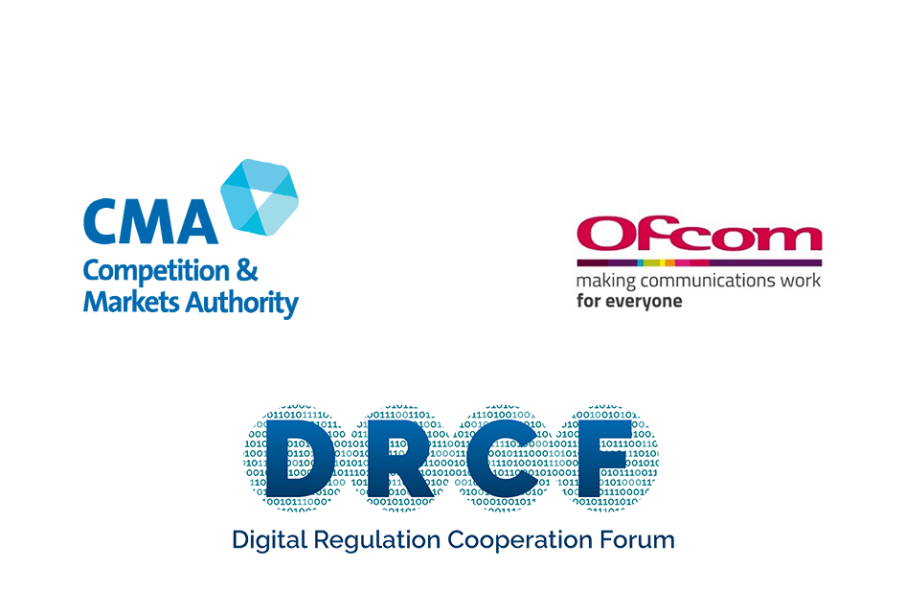Understanding Ofcom: The Communications Regulator of the UK

Introduction
Ofcom, the UK’s communications regulator, plays a crucial role in overseeing various sectors, including television, radio, telecommunications, and postal services. Established under the Communications Act of 2003, Ofcom is charged with promoting competition, ensuring consumer protection, and setting regulatory standards. As technology evolves, the relevance of Ofcom grows, particularly as issues such as digital accessibility, privacy, and online safety become paramount in the digital age.
Current Functioning and Responsibilities
Recently, Ofcom has been at the forefront of discussions surrounding the regulation of online content and telecommunications infrastructure. In 2023, the regulator announced a significant initiative aimed at addressing the growing concerns regarding misinformation and harmful content on social media platforms. This initiative includes tightening regulations on tech giants like Facebook and Twitter, requiring them to implement stringent measures to protect users from harmful online content.
Additionally, Ofcom continues to oversee traditional broadcasters and telecommunications providers, ensuring they adhere to licensing rules while promoting fair competition within the market. With the recent rollout of 5G technology, Ofcom is also key in managing spectrum allocation and ensuring that telecommunications firms can deliver fast and reliable services to consumers across the UK.
Challenges Faced by Ofcom
Ofcom faces numerous challenges, particularly as it navigates the complex landscape of emerging technologies and changing consumer habits. The rise of streaming services, for instance, has altered the traditional broadcasting model, leading to questions about how to effectively regulate these new platforms. Moreover, the regulator must balance the need for commercial viability of service providers with the imperative to protect consumers from unfair practices and enhance digital literacy.
Future Outlook
Looking ahead, the role of Ofcom will likely expand as the digital landscape evolves. With the UK’s Digital Strategy emphasising innovation and fair competition, Ofcom’s role in safeguarding consumer interests in an increasingly interconnected world is set to grow. As technologies such as artificial intelligence and the Internet of Things gain traction, Ofcom will be instrumental in establishing guidelines and regulations to manage these advancements responsibly.
Conclusion
In conclusion, Ofcom remains a vital institution for the regulation of communications within the UK. By adapting to changing technologies and consumer needs, Ofcom not only ensures fair competition among service providers but also protects the interests of consumers. As we move further into the digital era, the significance of the regulator will continue to intensify, with its efforts shaping the future landscape of UK communications.









